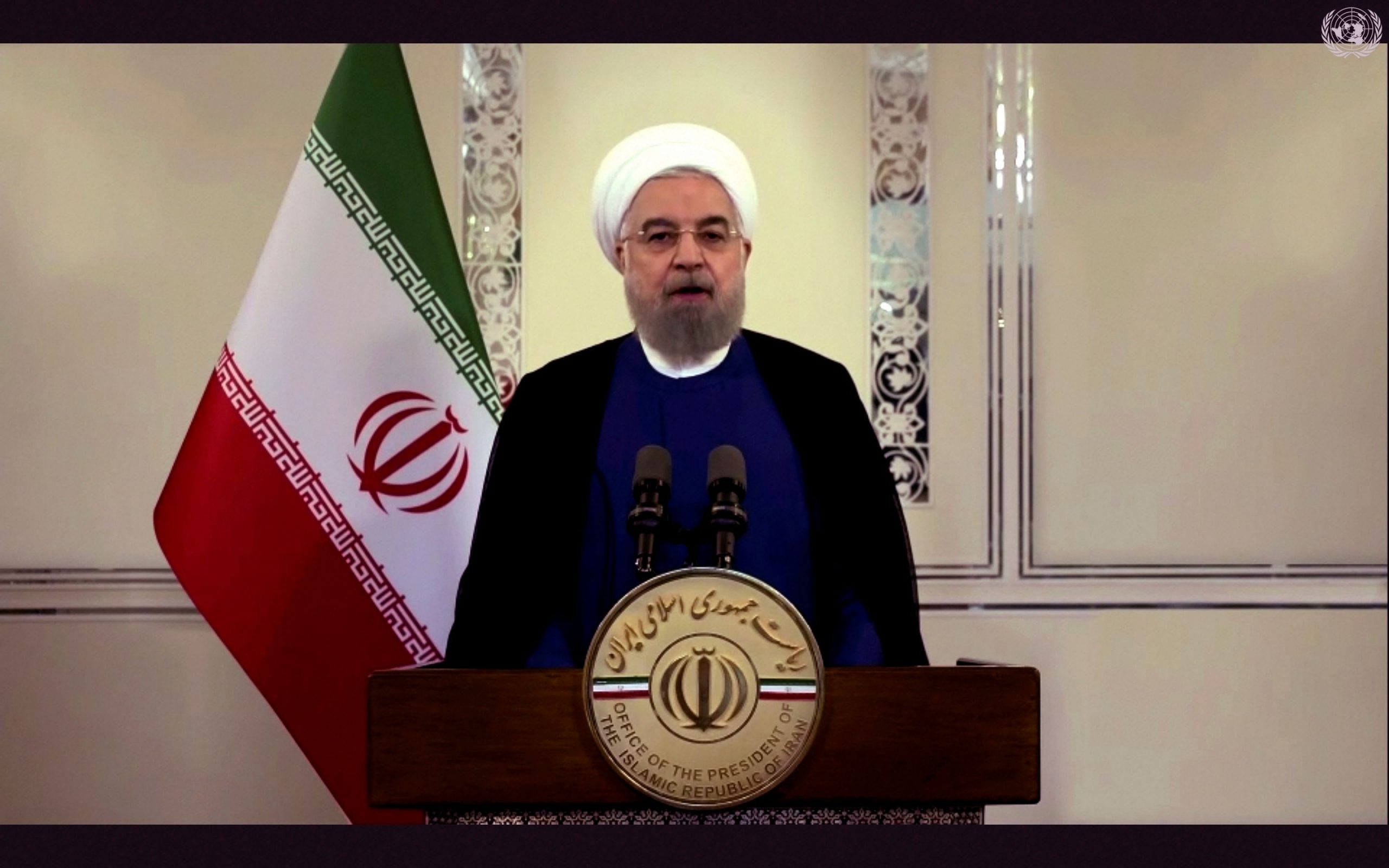A day after the assassination of one of Tehran’s prominent nuclear scientists, Iran’s President
Hassan Rouhani accused arch-enemy Israel of acting as a “mercenary”
for the US, blaming the Jewish state for the assassination.
“Once again, the
wicked hands of the global arrogance, with the usurper Zionist regime as the
mercenary were stained with the blood of a son of this nation,” Rouhani
said in a statement on his official website, referring to the killing of Mohsen
Fakhrizadeh.
Iran colloquially uses
the term “mercenary” for the US.
Also Read | Iran says nuclear scientist assassinated, suggests Israeli role
Fakhrizadeh, who
headed the ministry’s research and innovation organization, was
“seriously wounded” when assailants targeted his car before being
engaged in a crossfire with his bodyguards in an attack outside Tehran on
Friday, Iran’s defence ministry said.
Fakhrizadeh was later “martyred”
after medics failed to resuscitate him, it added.
Rouhani said that this
assassination has only exposed the “weakness and inability” of Tehran’s enemies
to hinder its growth. He vowed that his death won’t impede Iran’s scientific
progress.
He offered his
condolences to “the scientific community and the revolutionary people of
Iran.”
Iran’s foreign
minister Mohammad Javad Zarif said on Friday that there were “serious
indications of an Israeli role” in the assassination.
In 2008, the United States
penalized Fakhrizadeh for “activities and transactions that contributed to
the development of Iran’s nuclear programme”. Israel Prime Minister
Benjamin Netanyahu once called him the father of Iran’s nuclear weapon
programme.
Fakhrizadeh was
targeted while travelling near Absard city in Tehran province’s eastern
Damavand county.
The New York Times
said an American official and two other intelligence officials confirmed Israel’s
role in the assassination, without giving further details.
This comes less than
two months before US President-elect Joe Biden is to take office.
Biden has promised to
re-establish diplomatic relations with Iran after four hawkish years under
Donald Trump, who withdrew from the Iran nuclear deal in 2018 and began
reimposing crippling sanctions.







